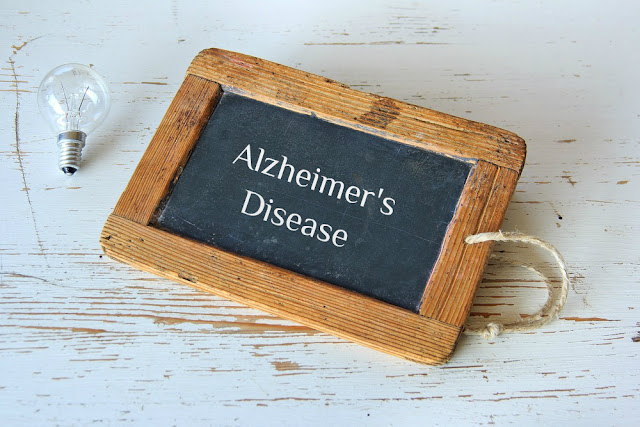Alzheimer's disease (ad) is a slow and gradual for the nervous system in which there is no cure, and the result is death. The disease destroys nerve cells and connections between cells resulting in dementia (dementia), the physical and emotional deterioration. Over this disease, patients experience extreme difficulty learning and remembering, mood swings, anxiety, and depression. In later stages, the patient becomes unable to perform simple tasks such as bathing and feeding themselves and even to use the bathroom. In the end, the patients completely bedridden and mute, requiring 24-hour care. Can go Alzheimer between five to twenty years from the time of the first symptoms to death.
Who gets it
Alzheimer's is the fourth main cause of death for adults, the most common cause of a mental decline in the United States, afflicting up to 4 million seniors. Affected by an estimated 50 percent of residents in nursing home and about 50% of people over the age of 85 in Alzheimer's disease. Although both sexes get advertising, this disease is more likely to strike women. Every race and ethnic group and suffers from advertising, but some are more vulnerable to disease than others. For example, black Americans are four times as white, white non-Hispanic Americans twice in jeopardy. Population least affected by Alzheimer's from native Americans, and Southeast Asia.
Diagnosing
At present, there are no laboratory tests that can diagnose ad with full certainty. There are some 36 diseases that cause dementia. The diagnostic challenge is to determine whether the patient might be suffering from dementia due to other reasons. A detailed history of the patient's symptoms, and how it came to provide the best clues to whether they have Alzheimer's or some other disease. A close family member who is familiar with the patient's medical history can be very useful in the discovery process. Issues of interest include the doctor what drugs you may be taking the patient and any family history of thinking and memory problems. From there, being physical and neurological examination complete, followed by tests designed to measure the patient's ability to think clearly.
The reasons
Although much has been revealed about Alzheimer's disease in the past decade or so, the exact cause of the illness remains a mystery. However, recent studies may help explain how the brain failure in later life. Researchers have identified some variation of the gene ApoE4 as a possible risk factor for the disease. ApoE4 may also contribute to early (before age 60) Alzheimer's disease, a rare and aggressive form of the disease. There are other risks believed to contribute to Alzheimer's disease: a first-degree relative with Alzheimer's (mother, father, brothers), head trauma, lack of education and exposure to magnetic fields and insufficient quantities of some hormones like estrogen, may protect older women from the ad. Current research has shown that the use of aluminum products do not contribute to Alzheimer's disease.
Treatment
And went to find treatment options for advertising in recent years. Researchers to explore the use of anti-inflammatory drugs and vitamin E, baba Ginkgo herb memory, as the treatments that may help delay the progression of Alzheimer's disease or prevent it all together. There was also significant progress in controlling behavioral and psychological problems common in Alzheimer's patients. Changes in the home environment can go far in reducing dangerous behaviors such as wandering. Install outside locks, reduce distractions, create a predictable daily routine, exercise supervision are all recommended.
What the future holds
There is great hope in the future to Alzheimer's research. Solving the mystery of this tragic disease high priority to neuroscientists. Studies are underway to study how brain cells die and what environmental and nutritional factors may lead to Alzheimer's disease, gene mutations that contribute to the disease. As research is improving the quality of life for patients and their families, and continue the March towards a cure.
When & where you can get help
While it's normal for older people to experience some reduction in certain mental functions, including memory, dementia is not a normal part of aging. Dementia, a general decline in mental function, and often represents a serious medical problem. Some of the signs of dementia, confusion and anxiety, the wrong judgment, delusions, paranoia, and depression. If you or a family member is experiencing two or more of these symptoms, see your primary care physician immediately.
For vinyl Hampton-BOT and a graduate of the University of Washington. He holds a BA in English with a creative writing emphasis, a past winner of the annual Black History Month essay contest ". For currently lives in Seattle and vinyl works as a writer and marketing consultant.

EmoticonEmoticon